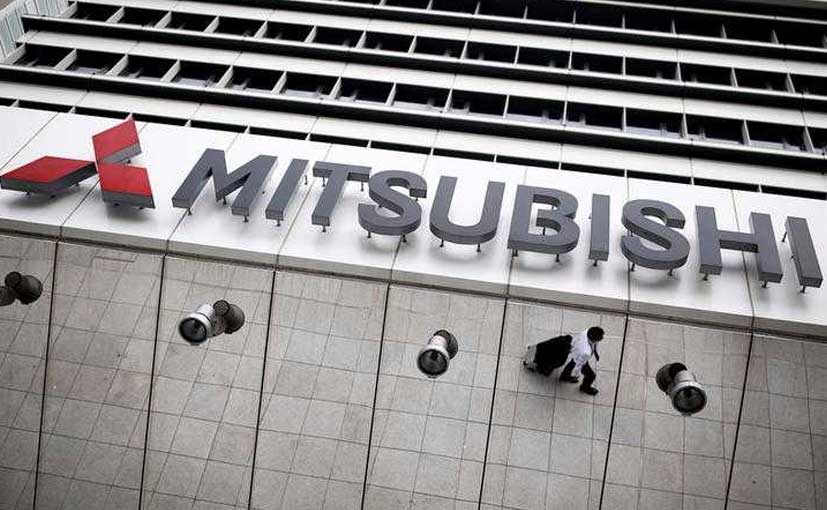
Mitsubishi is recalling 66,000 cars for a second time to replace faulty Takata front passenger air bag inflators. The recall covers Lancer and Lancer Evolution models from 2004 through 2006. The cars were recalled in 2015 and inflators were replaced with identical Takata parts. The recall starts from October 22. Takata inflators use ammonium nitrate to cause a small explosion and inflate the bags in a crash. But the chemical can deteriorate over time when exposed to airborne moisture and high temperatures. It can burn too fast and explode with too much force, spewing shrapnel. Up to 19 people have died worldwide and more than 180 have been injured.
Mitsubishi says in government documents posted Thursday that it now has a permanent replacement part made by Daicel Corp. that doesn’t use ammonium nitrate.
Earlier this week, Honda announced to recall more than 245,000 vehicles in China over concerns about airbags made by troubled Japanese giant Takata. The Japanese carmaker and its Chinese joint venture partner Guangqi Honda would start withdrawing vehicles fitted with the potentially faulty airbags beginning October 23 and will include Accord, Fit, City, Crosstour and Everus S1 models. They will replace the faulty airbags for free.
Takata has recalled some 100 million airbags produced for some of the world’s largest automakers, including about 70 million in the US, because of the risk that they could improperly inflate and rupture, potentially firing deadly shrapnel at the vehicle’s occupants. The problem has been linked to a number of deaths and injuries worldwide.
In China, the defect involves more than 20 million vehicles, most of which have already been recalled. Last month, Honda reached a USD 605 million settlement in a lawsuit over defective airbags in millions of cars on American roads. Honda joins Nissan, Toyota, BMW, Mazda and Subaru in agreeing a deal to settle a lawsuit, replace the defective airbags from now-bankrupt Takata, and to compensate car owners.
[“source=auto.ndtv”]